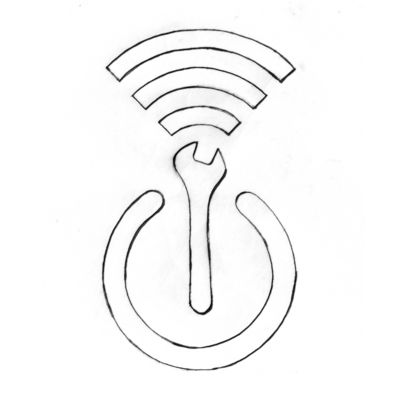A bi-weekly talk show by The Restart Project, plus a monthly documentary series produced by brilliant podcaster Dave Pickering, based on fixing triumphs, heartbreaks and wisdom shared at our community repair events – called Restart Parties – here in London. We go into real depth about good and bad design, obstacles to repair of electronics, emotional aspects of ownership, environmentally irresponsible business models, and the “end of life” of our gadgets. This podcast is for you if you'd like to fix your relationship with electronics. Let’s rethink, restart.
https://therestartproject.org/podcast/
Restart Radio: The small but powerful Raspberry Pi
On the 14th of March, International ‘Pi Day’, Ugo is joined by Restart volunteer Ben Skidmore and Raspberry Pi Creator Eben Upton.
The Raspberry Pi (which actually takes its name from the programming language ‘Python’) is a tiny and affordable computer that teaches programming to children and adults. It is designed to function as the ‘missing piece’ that connects otherwise obsolete components: old keyboards, old chargers, and old television sets, turning the whole set-up into a functioning computer. And with Raspberry Pis priced from £5 to £30, you are unlikely to find a cheaper option.
We ask Eben about the ethos behind the software design of the Pi, which is built to be compatible with a wide range of hardware. With a reasonable lifespan and small build, it aims to minimize weight added to the e-waste mountain.
He talks to us about his favourite reuse projects empowered by the Pi, from upgrading older cars to analog televisions that become workable computers, and about the potential it holds for increasing access to technology in developing regions.
Ben is an engineering student, and has his own experience with the Pi, which he plans eventually to turn into an arcade machine that will reproduce his favourite games from childhood.
He sheds some light on the repair process of the Pi, which usually requires only some basic soldering. This move towards more modular design, in which separate parts can be more easily replaced, is an important step in creating more sustainable gadgets.
Ben is optimistic. As repair becomes more viable, people will become keener to learn. And with projects like the Raspberry Pi attracting a large user base, access to support is becoming easier than ever.
Links to things we discussed:
- Raspberry Pi Website: Re-using the Pi with the Rachel-Pi Project
- Instructables: How to Repair a broken Raspberry Pi SD slot
- Lifehacker: How to turn your Raspberry Pi into a retro game console
[Featured image “Raspberry Pi 3 Model B V1.2, Oberseite” by Make Magazin is licensed under CC BY-SA 4.0]
The post Restart Radio: The small but powerful Raspberry Pi appeared first on The Restart Project.
